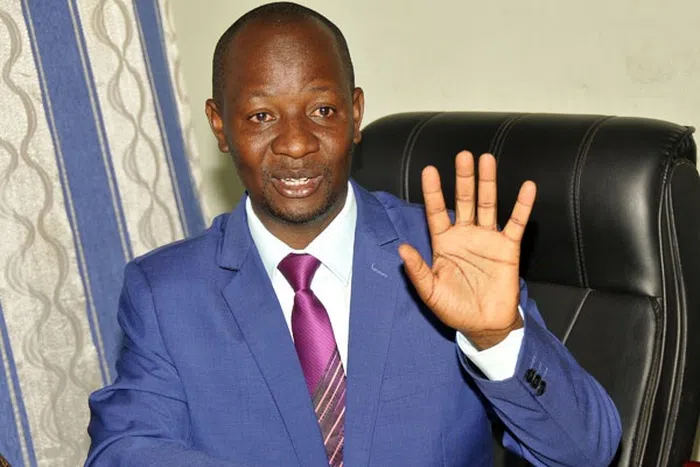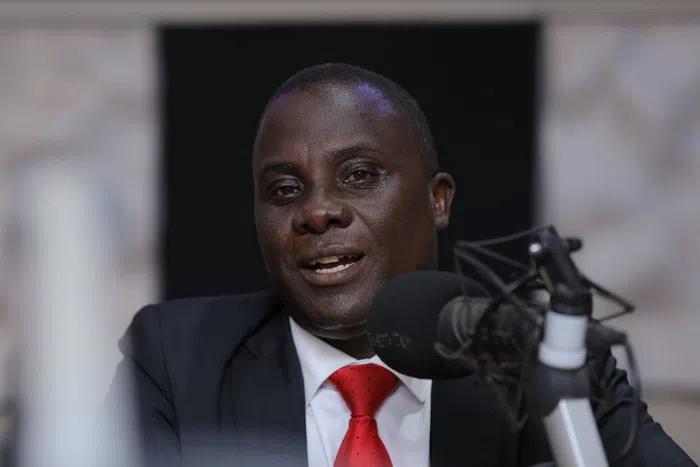
DUBAI, UAE – The Ugandan community in the United Arab Emirates is in mourning following the death of a compatriot, Mr. Rajab Kaguli, who passed away earlier this week after a prolonged illness at the luxury Cleveland Clinic in Dubai.

According to information gathered from close sources, the late Kaguli had been battling severe constipation for several weeks. His condition led to his admission to the renowned medical facility, where he underwent a series of five surgical procedures last month.
The surgeries, which were performed on his appendix and intestine, were reportedly initiated after doctors at the hospital cited depression as a complicating factor in his condition. The medical team’s objective was to “unlock” or resolve the complications in his appendix.
Tragically, following the operations, Kaguli’s health did not improve. He subsequently fell into a coma and never regained consciousness, succumbing to his illness early this week.
His death has cast a pall over friends and family, both in the UAE and at home in Uganda. A significant point of uncertainty now surrounds his final rites. As a Muslim, questions have arisen about whether his body will be repatriated to Uganda for a burial or if he will be laid to rest in the UAE, in accordance with Islamic traditions which typically call for a swift burial.
The community awaits communication from his family and relevant authorities regarding the arrangements to bring his body home or to proceed with a burial in the “desert limbo,” a term often used to describe the complex and costly process of repatriating bodies of deceased migrants.
This incident highlights the vulnerabilities faced by citizens abroad and the tragic outcomes that can sometimes follow complex medical emergencies far from home.






